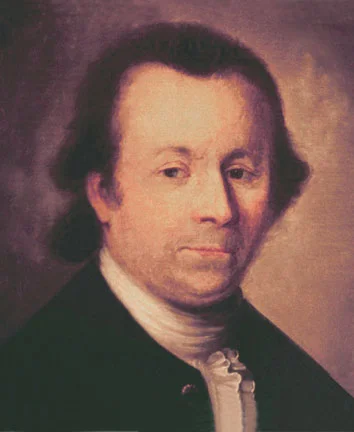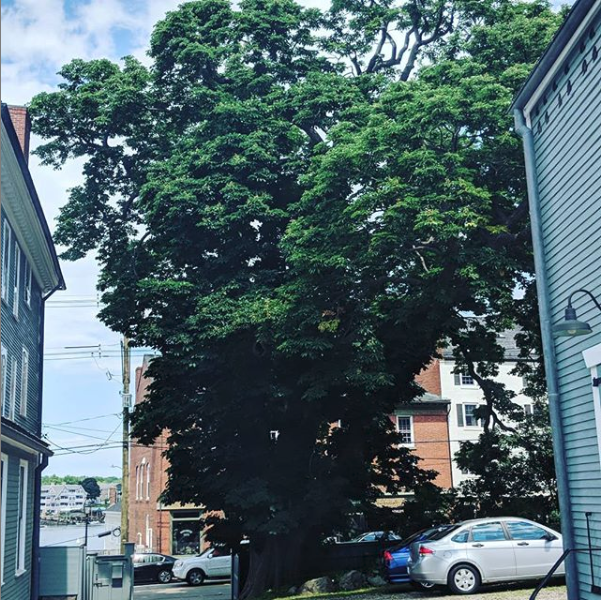William Whipple
William Whipple
The first thing you need to know about William Whipple?
Great name.
It just rolls off the tongue. Whipple. Nice.
More importantly, Whipple is famous for being one of the New Hampshire Founders who signed the Declaration of Independence.
He is less known for an, arguably, more important signature.
You see, Whipple gained more notoriety as a Brigadier General in the Continental Army than he did as a politician. Of the many battles he led troops in, the Battle of Saratoga was the most significant.
But what does that have to do with a signature that's more important than the Declaration of Independence? Well, Whipple helped agree to the terms of, and then sign, the Convention of Saratoga. This was the official surrender of British troops in the north.
Why was this so significant? Because when word was received in France, it gave Benjamin Franklin all the ammunition he needed to get the French on the American side. This led to the might of the French Navy crossing an ocean to help us out (which was necessary to win the war).
Was William Whipple Known For Anything Else?
At the time? Not really.
Whipple did serve as an Associate Justice of the Superior Court of New Hampshire. This was a fairly prestigious position in his home state, however, he passed away in 1785 at the age of 55. Because of this, he was not around to see the Constitution ratified and federal government created.
In hindsight, we know a few more interesting facts about William.
First of all, upon returning home from signing the Declaration, Whipple planted a chestnut next to his house to honor the new nation.
This tree still stands almost 250 years later in Portsmouth, New Hampshire.
He planted this tree with his slave, Prince Whipple.
Wait...he made his slave plant a tree to liberty?
Not really. It is important to remember that not only did the treatment of slaves differ from North to South, but also from State to State and even family to family.
By all accounts, William treated Prince with more dignity than most enslaved people received at the time.
Without saying too much (because Prince might get his own Founder of the Day eventually), Whipple let his (only) slave marry a free woman, protest the New Hampshire government for abolition, and receive his freedom.
William Whipple is one of those Founders that inspired the creation of this website, due to his large contribution to the American Cause and lack of modern notoriety.
If you enjoyed this please subscribe to our email list or follow us on Facebook.
Although there is no available biography of William Whipple, you might like some of these related books:








